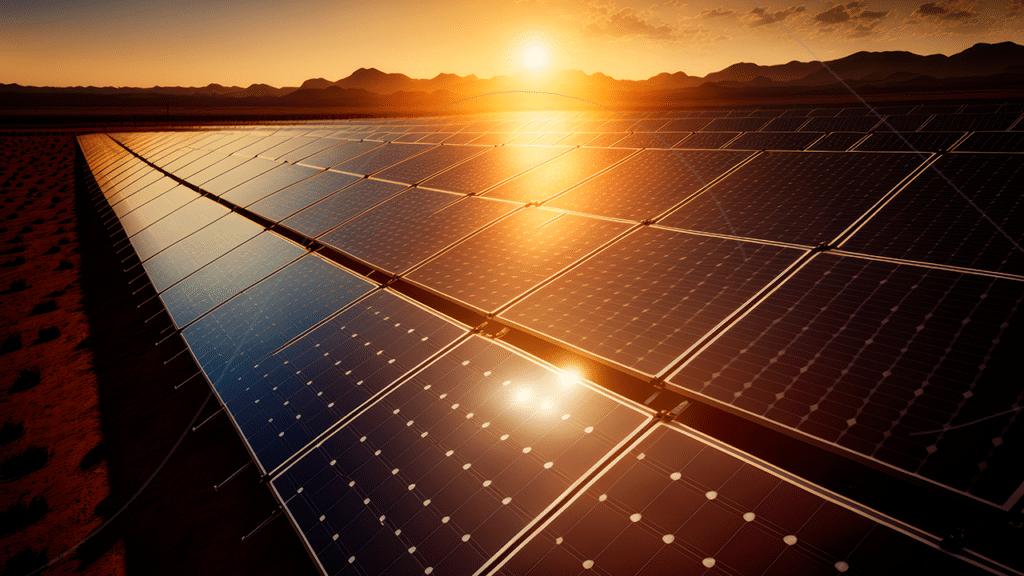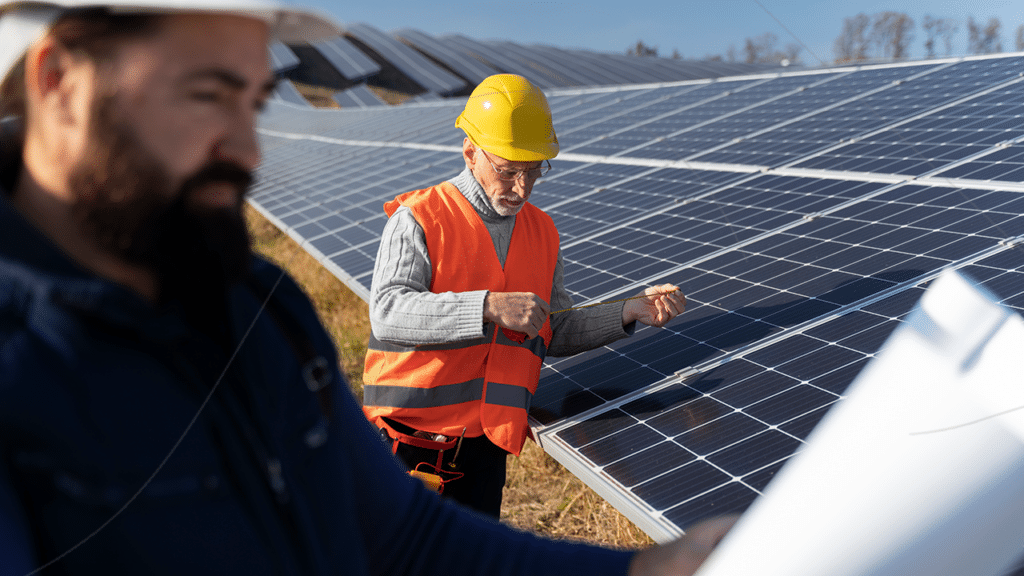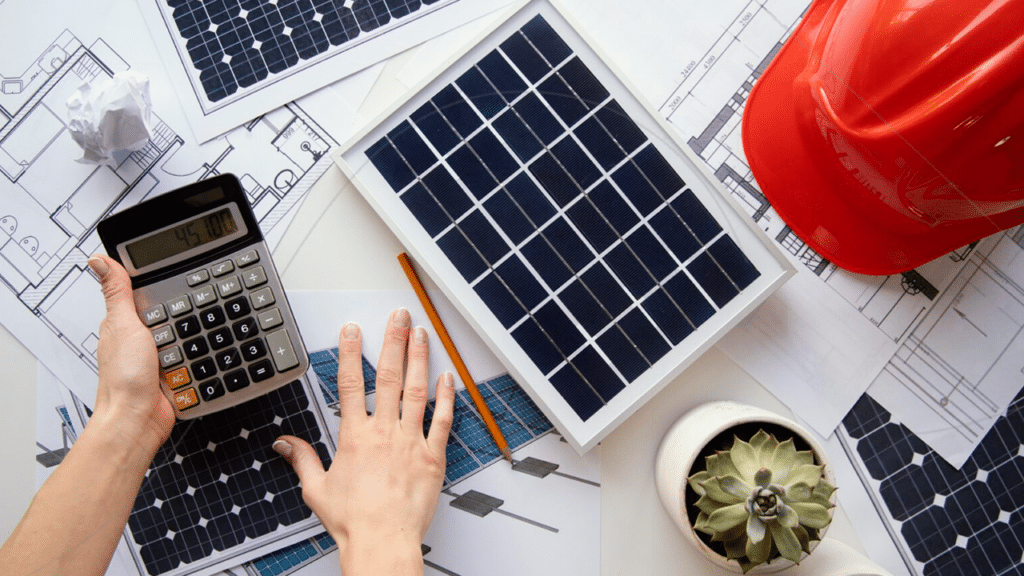As the global focus on sustainable living intensifies, the interest in solar energy continues to rise. Installing solar panels is a rewarding investment that not only contributes to environmental conservation but also offers long-term financial benefits. If you’re considering making the switch to solar energy but are concerned about the initial costs, this guide will explore various financing options to make your transition smoother.
Federal and State Incentives

Start your solar journey by exploring federal and state incentives designed to encourage renewable energy adoption. In the United States, the Federal Investment Tax Credit (ITC) allows you to deduct a significant percentage of your solar installation costs from your federal taxes. Additionally, many states offer their own incentives, rebates, and tax credits. Research and take advantage of these opportunities to offset the upfront expenses.
Solar Loans
Many financial institutions offer dedicated solar loans with favorable terms to make solar energy accessible for homeowners. These loans are specifically designed to cover the costs of solar panel installation. Shop around for competitive interest rates and loan terms, ensuring that the monthly payments align with your budget. Some lenders even provide specialized solar financing options that cater to the unique needs of green energy enthusiasts.
Power Purchase Agreements (PPAs)
For those who want to go solar without bearing the burden of ownership, Power Purchase Agreements (PPAs) provide an attractive alternative. With a PPA, a third-party solar provider installs and maintains the solar panels on your property, and you agree to purchase the generated energy at a fixed rate. This allows you to benefit from solar energy without the initial investment costs or ongoing maintenance responsibilities.
Solar Leases
Similar to PPAs, solar leases enable homeowners to enjoy the benefits of solar power without the upfront costs. In a solar lease, you pay a fixed monthly amount to lease the solar panels, and the leasing company takes care of installation and maintenance. While you won’t own the panels, you’ll still experience reduced energy bills, making this an attractive option for those looking for a hassle-free solar solution.
Home Equity Loans and HELOCs
If you’re a homeowner with substantial equity in your property, leveraging home equity loans or Home Equity Lines of Credit (HELOCs) can be a cost-effective way to finance solar panels. These options allow you to borrow against the equity in your home, often offering lower interest rates compared to unsecured loans. Consult with your financial institution to explore these possibilities and determine the best fit for your circumstances.
Crowdfunding and Community Solar Projects
Joining forces with your community or participating in crowdfunding initiatives can be a creative way to finance solar panels. Community solar projects involve multiple individuals investing in a shared solar installation. These projects often benefit from economies of scale, resulting in reduced costs for participants. Research local initiatives or explore online crowdfunding platforms dedicated to renewable energy projects.
Utility Company Programs
Many utility companies offer programs to assist customers in adopting solar energy. These programs may include rebates, incentives, or partnerships with solar installation companies. Check with your local utility provider to see if they offer any initiatives that can help offset the costs of installing solar panels.
PACE Financing

Property Assessed Clean Energy (PACE) financing is another innovative option available in certain regions. With PACE financing, you can borrow money to fund your solar installation and repay the loan through an assessment on your property tax bill. This approach can make it easier to qualify for financing, as the loan is tied to the property rather than the individual.
Conclusion
Transitioning to solar energy is not just an eco-friendly choice; it’s a wise financial investment that pays off in the long run. By exploring the various financing options available, you can find a solution that aligns with your financial goals and helps you harness the power of the sun to create a sustainable and cost-effective energy source for your home.


 Technical Features and Financial Management of the Inter Passport Card <p style=' font-weight: normal;font-size: 16px !important; text-align: left;'> Discover the main features of the Inter Passport Card and how it can facilitate the effective management of your personal finances. </p>
Technical Features and Financial Management of the Inter Passport Card <p style=' font-weight: normal;font-size: 16px !important; text-align: left;'> Discover the main features of the Inter Passport Card and how it can facilitate the effective management of your personal finances. </p>  Inter Passport Card: The Ideal Solution for Managing Your Credit Securely <p style=' font-weight: normal;font-size: 16px !important; text-align: left;'> Discover how the no-annual-fee card from Banco Inter can help you control your finances and offer benefits on purchases. </p>
Inter Passport Card: The Ideal Solution for Managing Your Credit Securely <p style=' font-weight: normal;font-size: 16px !important; text-align: left;'> Discover how the no-annual-fee card from Banco Inter can help you control your finances and offer benefits on purchases. </p>